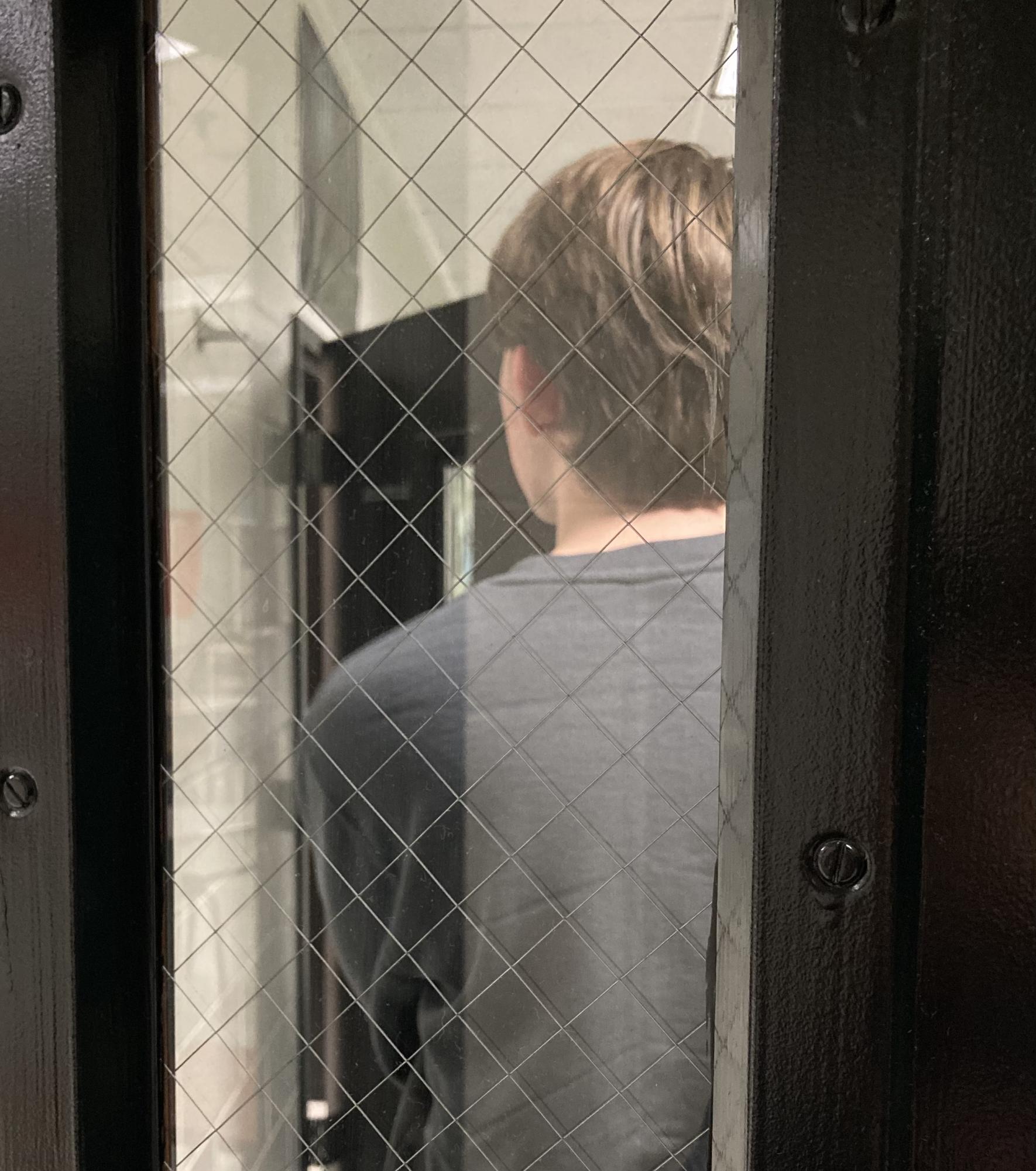How much do you tell your teachers? When you are going through it, your life is a mess, what do you tell them? Do you let them know about the craziness in your life and ask for grace or do you suffer in silence?
In the ever-changing realm of education, the relationships between adults and students hold extreme importance because those relationships can make or break the school year for both you and the teacher. Beyond their role of an educator, teachers play a pivotal role in helping shape us morally, emotionally and personally.
A sophomore at MHS, a friend of mine, came to me and shared what happened in one of her classes earlier in the day:
For about a week, a teacher had been talking with the class about a classmate who had been absent for a few days. The teacher was encouraging them to look out for that student because they had a lot going on in their personal life.
This isn’t what bothers me. Encouraging classmates to look out for each other is fine because it is coming from a good place.
However…
According to that sophomore, the teacher continued to talk to the class about the student’s medical issues and family member’s hospitalization and even went as far as to tell the class that they had had a death in the family.
It’s one thing to confide in teachers, and another for the general population to know what you confide to them.
As students, we should have the option for our classmates to remain unaware of the turmoil in our lives. Unless the teacher needs to report something because of their mandated reporter protocol, information should not be spreading to students from a teacher. If we have medical issues, we deserve to keep that private and not open knowledge especially when it doesn’t require a teachers report.
Students who know that their personal matters will be treated with respect are much more likely to open up, ask questions and seek guidance from their teachers. They can trust in the teacher beyond their job, they trust the person guiding them.
The teacher may have been trying to make sure that students had a support network in place when they returned to school; knowing the teacher in question, this is a teacher whose heart is in the right place, who does genuinely care for students.
So teachers, what would be ideal?
Avoid telling whole classes personal information on a singular student, especially in a “whole group” setting. Don’t tell students they should look out for and be extra nice to other students because it isn’t their responsibility to take care of another teenager, especially if they don’t know the other student at all, or trust them, or have ever talked to them before, or even know their name. If they’re not already friends, they may not want another student pushing into their lives, especially if it’s a particular sensitive topic.
If there is concern for the student’s emotional well-being, report that to their counselor or even reach out to their parents or guardians. Send an email to the student, let them know you’re checking on them, reassuring them they don’t need to be worried about missing grades, that you’re willing to work together. Send reassurance they’re not falling behind so they’re not stressing about school on top of everything else.
As soon as you give that information, we don’t trust you anymore. And you want us to trust you.


